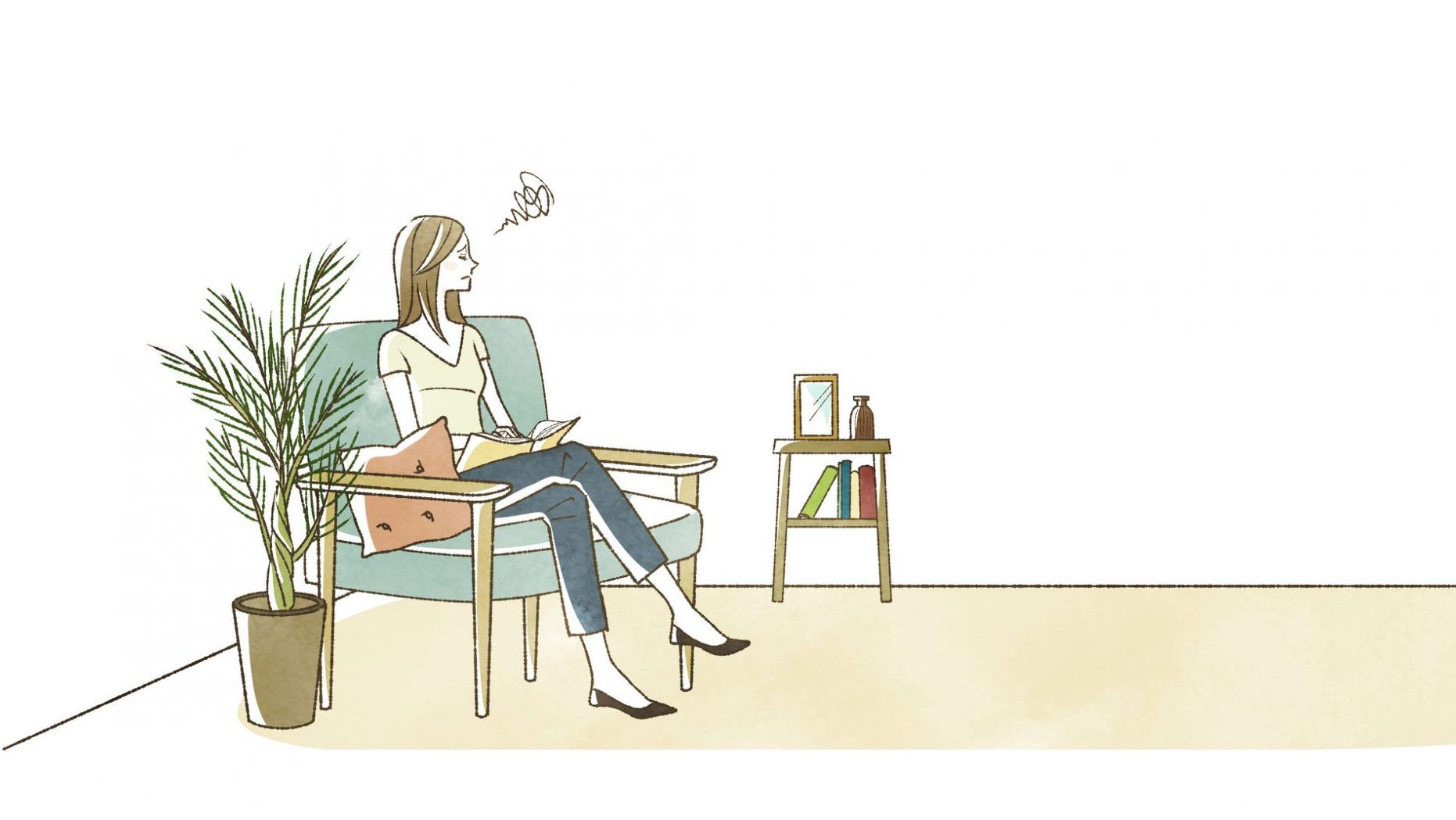machado: regrets, have you had a few? perhaps too many to mention?
according to author daniel pink, who has collected 23,000 regrets from people in 109 countries for his world regret survey, just three words can save us the pain of wishing we did things differently.
machado: doctors can't know everything, but aita for expecting a google search?
by the time the dermatologist had moved on to my butt in her search for suspicious moles, i was trying to feel better about the fact that she not only didn't make the effort to answer my question, but she also didn't think to use her expertise to ease my mind.
machado: why does smell trigger memories more than any other sense?
seeing, hearing, touching, and tasting something is the stuff that many memories are made of, but the process of remembering is slower, and the effect less intense than a recollection triggered by smell.
 6 minute read
6 minute read









